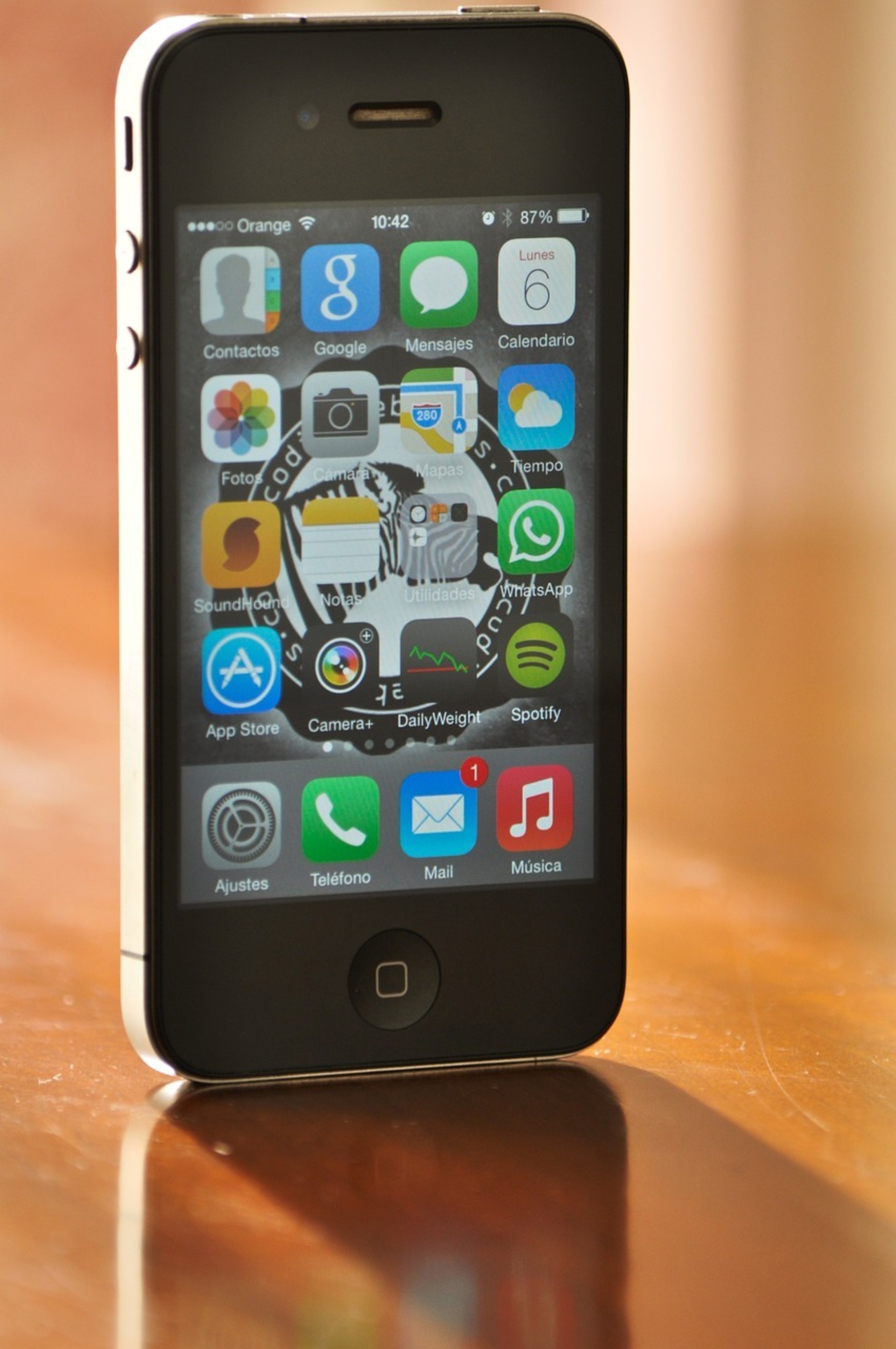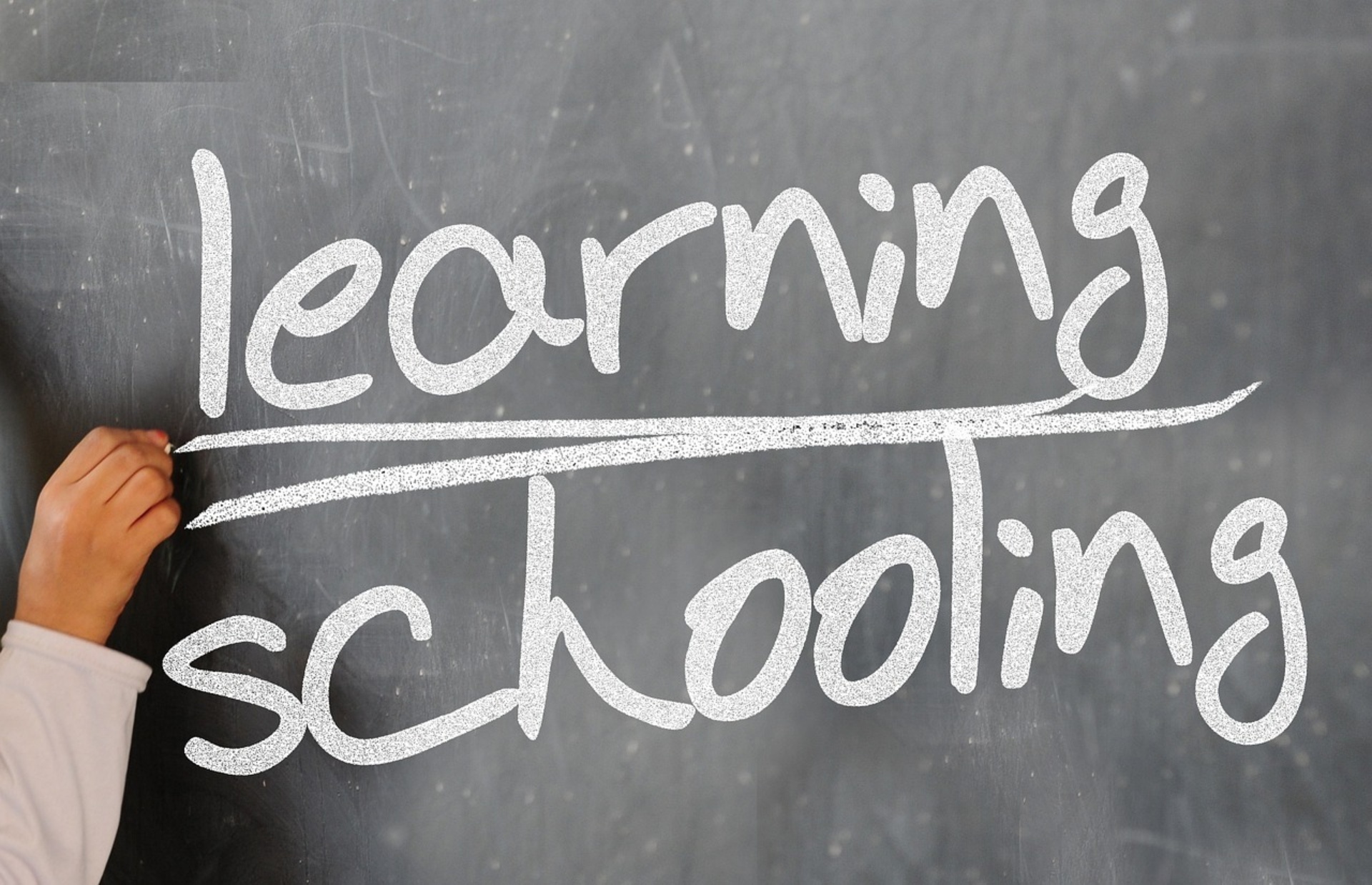Find entries by tag
- 21st century business (14)
- action (6)
- AI (2)
- aspiration (10)
- behaviours (1)
- business (8)
- business planning (21)
- business success (14)
- changing lives (11)
- charity (78)
- charity governance code (2)
- cic (6)
- CIO (3)
- coaching (16)
- collaboration (21)
- communication (3)
- community (1)
- community interest company (4)
- community shares (2)
- contract readiness (3)
- corporate culture (10)
- corporate personality (2)
- creative think tank (7)
- csr (17)
- decision making (4)
- entrepreneur (46)
- environment (2)
- ethical audit (1)
- exit strategies (3)
- family business (2)
- feasibility study (6)
- focus on action (4)
- Franchising (2)
- funding and investment (5)
- fundraising (1)
- goal setting (33)
- goals (2)
- governance (4)
- growth (8)
- i factor (1)
- ideas (2)
- income (1)
- innovation (19)
- inspiration (42)
- investment (4)
- leadership (8)
- local authority (9)
- marketing (45)
- mihm (3)
- new normal (1)
- niche (8)
- niche market (4)
- pandemic (2)
- passion (1)
- pricing (2)
- profit (3)
- public sector (6)
- relationships (3)
- responsible organisation charter (21)
- rethinking parks (1)
- ROC (4)
- rotherham (1)
- rural diversification (1)
- sales (7)
- sales training (1)
- sellability (1)
- sme (1)
- socent (13)
- social enterprise (41)
- social entrepreneur (2)
- social impact (6)
- social investment (1)
- solopreneur (2)
- staff engagement (6)
- stakeholders (2)
- strategic development (23)
- strategy (17)
- success (11)
- sustainable profit (4)
- team (1)
- team working (3)
- tendering (1)
- theory of change (2)
- time management (4)
- tools (12)
- travel (3)
- trust (1)
- trustees (2)
- values (36)
- vision (11)
- volunteering (4)
- winning by being good (8)
Posted by Sarah Brown on 29 Apr '25
Is ultra-processed information as unhealthy for the mind as ultra-processed food for the body?

After the blog last month about the benefits of AI, I've been thinking about a new issue. Could the endless stream of processed information we see online be just as unhealthy for our minds as processed food can be for our bodies? This idea makes me consider how the things we read and watch can greatly affect how we learn, how we feel, and how we act.
Some definitions
Ultra-processed information refers to highly edited or manipulated content often found on social media and online platforms, designed with short bursts and addictive techniques to keep people scrolling and engaged.

Ultra-processed foods are industrially manufactured products made from heavily processed ingredients, such as additives, preservatives, and artificial flavourings. They often contain little or no whole foods and are designed for convenience, long shelf life, and hyper-palatable taste. Examples include packaged snacks, soft drinks, and instant meals. Generally, they are recognised as very bad for the body and addictive.
The end of civilisation?

It was reading The Times (nb a paper version, not online) that prompted me to write this blog and worry that in years to come, we will look back as we do on the introduction of ultra-processed food and think, why didn't we think something so easy must have an impact. If you want to read what prompted me, it was "The Times" Comment column by Juliet Samuel on April 24th 2025, where she discusses the "damage smartphones are doing to our ability to think" in an article titled 'Princess brain rot and the end of civilisation'.
In summary, she points to Jonathan Haidt, social psychologist and author of the 'Anxious Generation', who is in London discussing his even greater worry "the loss of the human ability to think", which he believes is contributing to a "civilisation crisis". He teaches at New York University and has noticed that as the years pass, the young people he teaches can no longer think coherently or read. They are used to ten-second clips, short messages, posting selfies and tapping compulsively when their dopamine dips. Haidt believes that the devices and apps that claim to make it "fun" to learn, for example, because children receive some instant dopamine like a shower of stars when they get a spelling or sum correct, add to the harm of social media. Together, they damage the ability to concentrate on anything that doesn't use addictive methods, and, as a result, Haidt has highlighted studies showing declines in measures like PISA scores, basic numeracy, and literacy, particularly among disadvantaged groups. He links these trends to the widespread adoption of smartphones and social media, suggesting that they contribute to reduced concentration and engagement in traditional learning environments. Like ultra-processed food, people experiencing poverty are most at risk.
"the tech overdose isn't just making the kids irritable and anxious; it's making them stupid and unemployable to boot".
Juliet Samuel April 24th 2025 The Times

Eton's answer
Bizarrely, it takes money to escape ultra-processed information. As a top private school, Eton College can afford to adopt a balanced approach to technology for its pupils, ensuring that digital tools enhance learning without overwhelming their daily lives.
For instance, Year 9 students (typically ages 13-14) can no longer bring personal smartphones to school. Instead, these new boarders receive a basic Nokia "brick" phone, which is limited to making calls and sending texts. The school's rationale for this policy is to minimise distractions and protect students' well-being while still maintaining communication.
Additionally, pupils are provided with a school-issued iPad configured specifically for academic use so that they can still use technology in their education.
For younger pupils, Eton is even more cautious. Students must hand in their electronic devices at night, reducing opportunities for off-task screen time and encouraging a healthy balance between digital and real-world interactions. This policy reflects the school's broader commitment to fostering academic focus and personal development by integrating technology into learning only under carefully controlled conditions.
Some last wishes
I hope the term "ultra-processed information" could become a call to action for parents and particularly for young people conditioned to bite-sized content, to pause and consider the impact of their media consumption.
I am publishing my book, "Winning by Being Good," next month. My diverse experience across more than 100 different sectors has dramatically influenced the book's content. Additionally, my perspectives have been shaped by the many books I've read. In fact, when I started writing on a cruise, I didn't even have internet access. The book would be very different and less interesting if I hadn't explored such a wide range of subjects and literature. In fact, I am not sure I could have written it. Selfishly, I want people to buy and read my book, but I also want to change the world for the better with it, and this will only happen if everyone, whatever their age, has the concentration span to read it. NB Each chapter can be read on its own!
If you want to know more about the book and get launch offers, and subscribe to my newsletter for the launch, got to my LinkedIn profile
Tags: AI winning by being good

